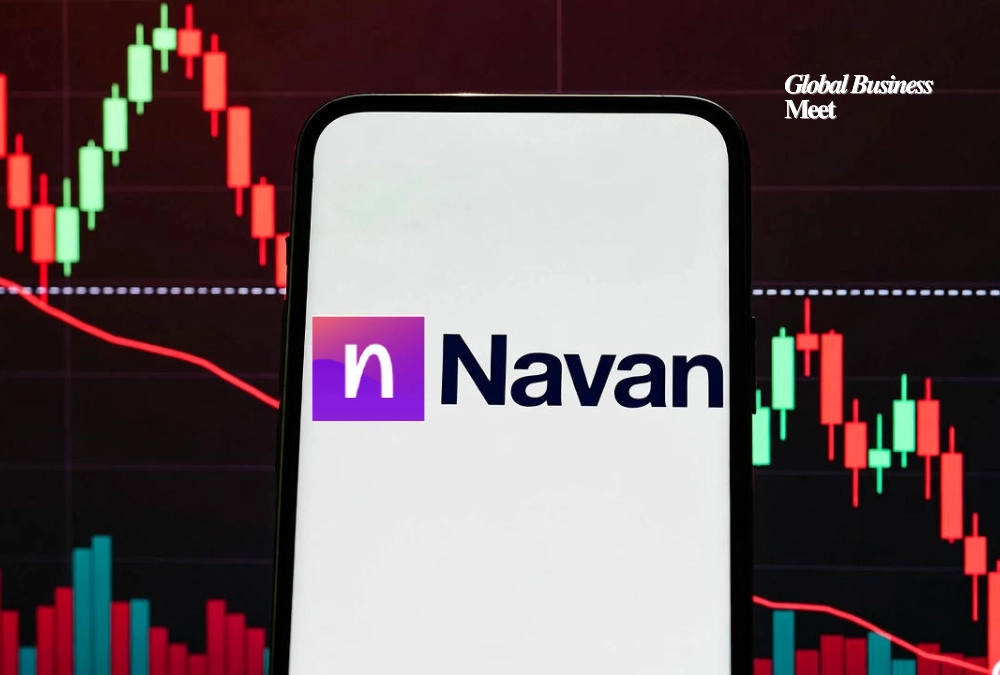
Zerodha, Angel One and Groww, the leading discount brokers in India, are under mounting pressure as the Securities and Exchange Board of India (SEBI) imposes new restrictions on futures and options (F&O) trading. Stricter transparency policies, shorter-dated derivatives, and tighter compliance requirements have significantly reduced high-volume derivatives trading, which had long been the primary source of revenue for these platforms.
For years, India’s brokerage industry flourished on a business model centered around zero-cost equity delivery trades and large income from derivative transactions. Mobile-first platforms and low entry barriers attracted millions of retail investors to weekly options and expiry-day strategies, leading to explosive growth. By April 2025, the NSE and BSE together accounted for more than 80 percent of the global F&O turnover. However, the latest regulatory changes have dramatically altered this landscape.
Zerodha Faces a Steep Revenue Decline
Zerodha, which accounts for about 20 percent of retail F&O turnover on the NSE, has been hit the hardest. CEO Nithin Kamath revealed that the company’s revenue declined by roughly 40 percent in the first quarter of FY26, falling to INR 8,500 crore in FY25 from INR 10,000 crore in FY24. Kamath also cautioned that revenue could fall by as much as 50 percent by the end of FY26.
The impact became more visible after October, when increased Securities Transaction Tax (STT), fewer weekly expiry contracts, higher Basic Services Demat Account (BSDA) limits, and the removal of exchange fee rebates started weighing on performance. Since F&O trading accounts for nearly 90 percent of Zerodha’s total revenue, the company is now exploring new income streams such as margin trading facilities and equity brokerage fees to compensate for the losses.
Zerodha was the first in India to offer zero-cost equity trading, creating a discount broking model that many competitors later followed. But with a sharp decline in F&O volumes, the company may have to rethink this approach to maintain profitability.
Angel One and Groww Adjust to New Market Dynamics
Angel One, India’s largest listed retail brokerage, has also reported significant losses. Its revenue dropped 19 percent year-on-year to INR 1,140 crore in the first quarter of FY26, while net profit plunged 61 percent to INR 111 crore. The company expects revenue to fall by another 20 to 25 percent due to SEBI’s new rules. Despite adding two million users in FY25, the decline in trading activity has overshadowed the growth.
To counter revenue losses, Angel One is shifting focus to advisory services, mutual funds, and full-service brokerage. Its extensive network of relationship managers is expected to help retain clients and soften the blow from regulatory changes.
Groww, which is planning to go public next year, has navigated the situation more effectively. While brokerage income dropped 17.4 percent to INR 728 crore in the first quarter of FY26, net profit still rose 12 percent to INR 378 crore. The company has reduced its reliance on brokerage revenue, which now accounts for 79.4 percent of total income, by expanding into margin trading, personal loans, and fixed deposits. Its strong push into mutual funds and user acquisition has helped maintain over 12.3 million monthly active users as of August 2025.
More Regulatory Pressure Expected
Industry experts warn that additional pressure could be on the way. SEBI is considering stricter limits on weekly expiry contracts, which have been particularly popular among retail traders even though data shows that over 80 percent of them incur losses. This move could push more investors toward less risky products such as exchange-traded funds (ETFs) and mutual funds, where brokers earn lower commissions per transaction.
SEBI’s broader objective is to improve market safety and deepen equity participation among small investors. New initiatives include simplified KYC processes, same-day equity settlement, and transparent fee structures. These steps aim to shift focus away from speculative trading and toward a safer, more stable equity market.
The Future of Discount Broking
As their primary revenue streams come under threat, discount brokers in India may need to overhaul their business models. Zerodha has hinted at introducing brokerage fees for equity delivery trades, and other platforms may follow suit by charging annual account fees, subscription costs, or premium service charges. These changes would align Indian brokerage practices with global norms, where firms rely more on defined service fees rather than speculative trading volumes.
SEBI’s interventions are transforming the brokerage industry in fundamental ways. While the short-term effect has been a sharp decline in F&O revenue, the long-term consequence could be a complete shift in pricing models, with brokers monetizing services such as equity trading, account maintenance, and advanced trading tools more directly. Although regulators view these changes as necessary to protect investors, brokerages see them as a significant revenue challenge.
Ultimately, the Indian brokerage sector is entering a new era characterized by reduced reliance on derivatives, greater transparency, and more sustainable revenue models.





































